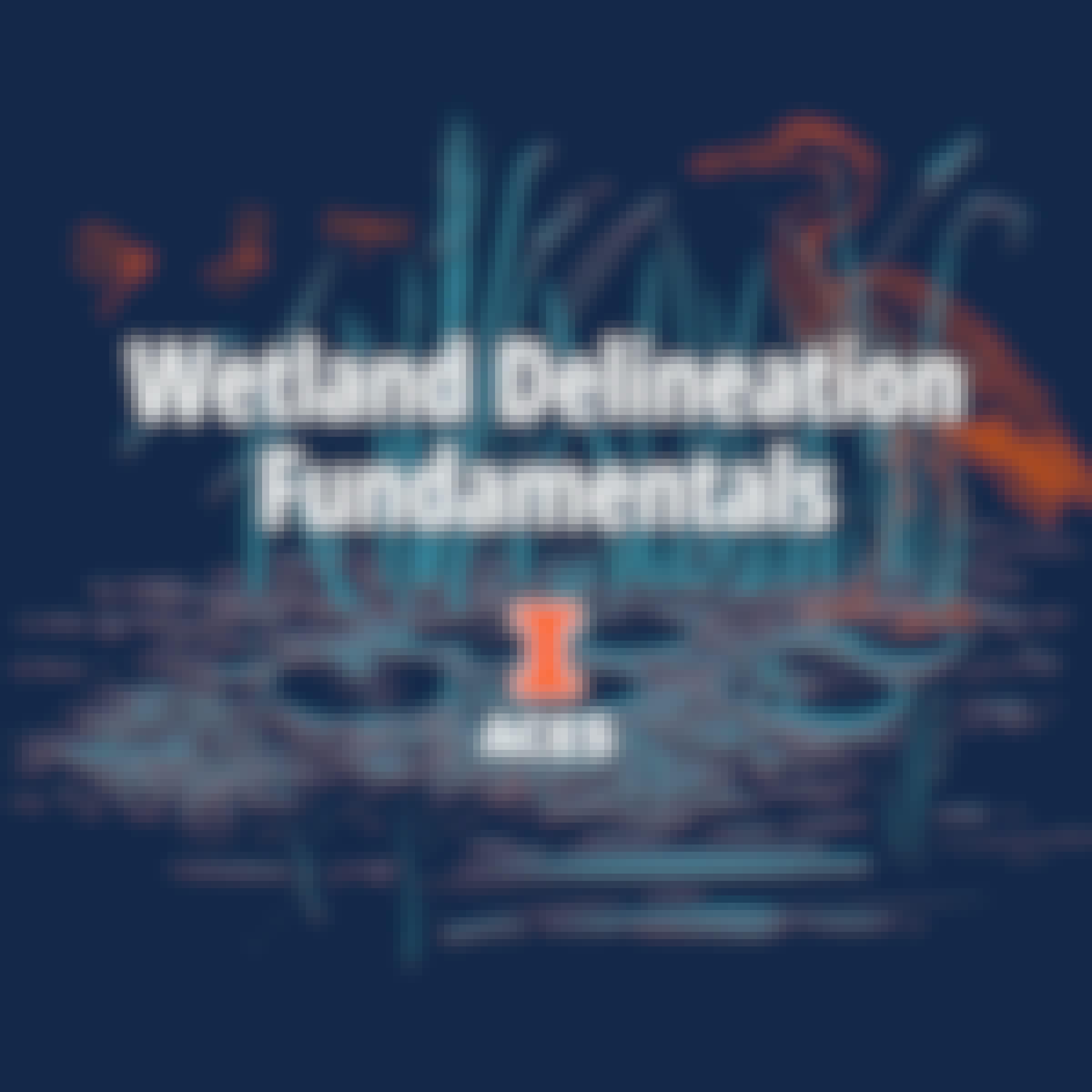Filter by
SubjectRequired
LanguageRequired
The language used throughout the course, in both instruction and assessments.
Learning ProductRequired
LevelRequired
DurationRequired
SkillsRequired
SubtitlesRequired
EducatorRequired
Explore the Soil Course Catalog

L&T EduTech
Skills you'll gain: Structural Engineering, Structural Analysis, Construction Engineering, Civil Engineering, Engineering Analysis, Civil and Architectural Engineering, Construction Management, Engineering Calculations, Finite Element Methods, Safety Assurance
 Status: Free
Status: FreePrinceton University
Skills you'll gain: Social Justice, Economics, Policy, and Social Studies, Ethical Standards And Conduct, International Relations, Policy Analysis, Cultural Diversity, Cultural Sensitivity, Environment and Resource Management, Systems Thinking
 Status: New
Status: NewSkills you'll gain: 3D Modeling, Computer Graphic Techniques, Computer Graphics, Visualization (Computer Graphics), Virtual Environment, Real Time Data

University of Illinois Urbana-Champaign
Skills you'll gain: Life Sciences, Physical Science, Taxonomy, Anthropology, Environment, Timelines, Environment and Resource Management, General Science and Research, Scientific Methods, Systems Thinking

Skills you'll gain: 3D Modeling, Augmented and Virtual Reality (AR/VR), Computer Graphics, Virtual Environment, Visualization (Computer Graphics), Data Import/Export, Simulations, Performance Tuning

Skills you'll gain: 3D Modeling, Computer Graphics, Visualization (Computer Graphics), Virtual Reality, Augmented and Virtual Reality (AR/VR)
 Status: Free
Status: FreeCoursera Project Network
Skills you'll gain: Simulation and Simulation Software, Virtual Environment, Simulations, Mathematical Modeling, Other Programming Languages
 Status: Free
Status: FreeNational Taiwan University
Skills you'll gain: Aesthetics, Liberal Arts, Creativity, Design Elements And Principles, Writing

Google Cloud
Skills you'll gain: Terraform, Infrastructure as Code (IaC), Virtual Machines, Google Cloud Platform, Cloud Infrastructure, Software Installation

Google Cloud
Skills you'll gain: Terraform, Google Cloud Platform, Infrastructure as Code (IaC), Cloud Storage, Data Import/Export, Cloud Infrastructure
 Status: New
Status: NewUniversity of Illinois Urbana-Champaign
Skills you'll gain: Water Resources, Environmental Monitoring, Research Reports, Environment and Resource Management, Natural Resource Management, Verification And Validation, Geographic Information Systems, Geospatial Information and Technology, Technical Documentation
 Status: Free
Status: FreeUniversity of Colorado Boulder
Skills you'll gain: Basic Electrical Systems, Power Electronics, Engineering, Environmental Issue, Emerging Technologies, Electrical Engineering, Physics
In summary, here are 10 of our most popular soil courses
- Underground Metros Shafts and Caverns : L&T EduTech
- Food Ethics: Princeton University
- Materials and Textures in Unreal Engine 5: Packt
- Emergence of Life: University of Illinois Urbana-Champaign
- Integrating 3D Plants into Unreal Engine 5: Packt
- Advanced Blender Techniques for Realistic Vegetation: Packt
- Mycelium Growth with NetLogo Web: Coursera Project Network
- 中國園林文學 (一) (Chinese Garden Literature (1)): National Taiwan University
- Terraform Fundamentals: Google Cloud
- Managing Terraform State: Google Cloud










